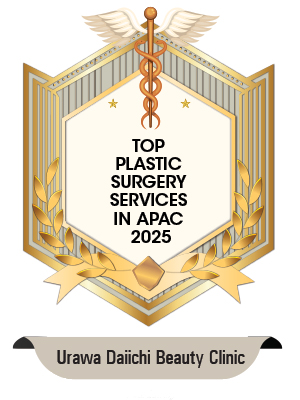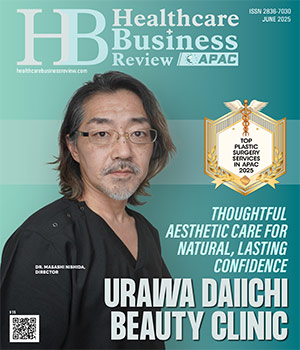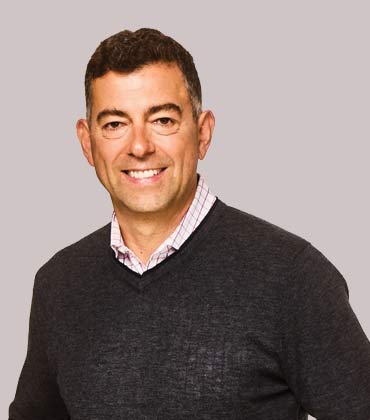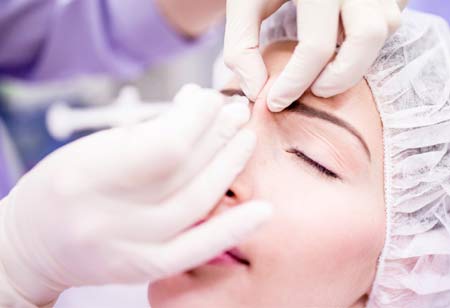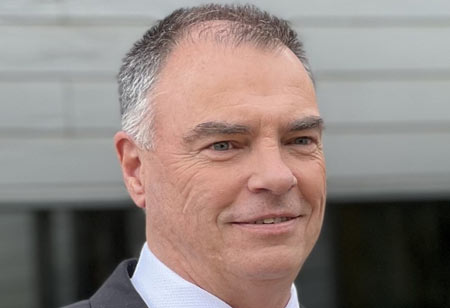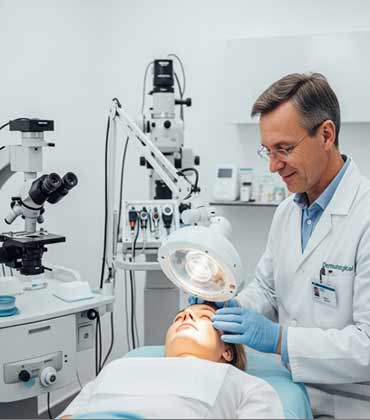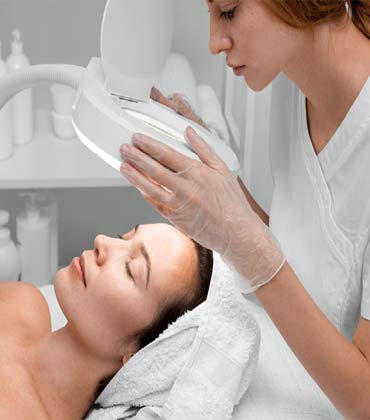Thank you for Subscribing to Healthcare Business Review Weekly Brief
Aesthetic treatment is never merely skin-deep. Alterations to the appearance, even slightly, often reflect deeper considerations about identity, self-confidence, and quality of life. At Urawa Daiichi Beauty Clinic (UDBC), this truth shapes every aspect of care. Led by renowned plastic surgeon, Dr. Masashi Nishida, the clinic is redefining what it means to deliver patient-centered aesthetic treatments with minimal scarring, faster recovery, and natural-looking outcomes. This philosophy aligns perfectly in the context of Japanese and East Asian skin. These skin types are biologically more reactive, often producing excess collagen and showing heightened fibroblast activity in response to t... Read more
Top Company In Dental Billing Services 2025
Running a dental practice is no easy task. Beyond the clinical expertise required, dentists face a range of challenges that impact their time, finances, and overall satisfaction. Many struggle with insurance reimbursements, workforce shortages, and administrative inefficiencies. On average, 10– 15 percent of practice revenue is lost due to ineffective collection processes and a lack of in-house expertise. Dentists often deal with hours of paperwork, insurance rejections, and the frust... Read more
CXO INSIGHTS
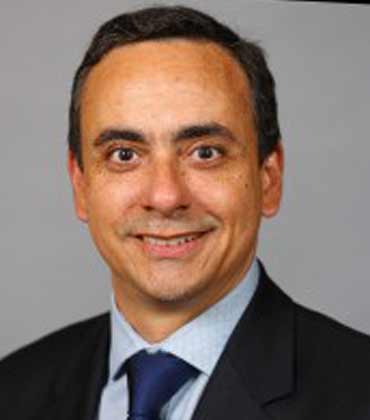
Offering Specialized Guidance on Designing, Executing Robotic Surgery Programs
Juan Carlos Ibarra, System Robotic Surgery Program Manager, Lee Health
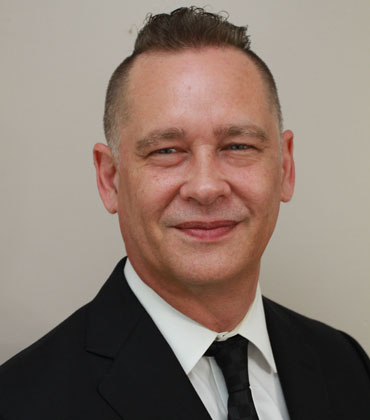
Director of the Cosmetic and Reconstructive Center
Henri P. Gaboriau MD, FACS, Head Of Department ENT/Facial Plastic and Reconstructive Surgery, Adirondack Health
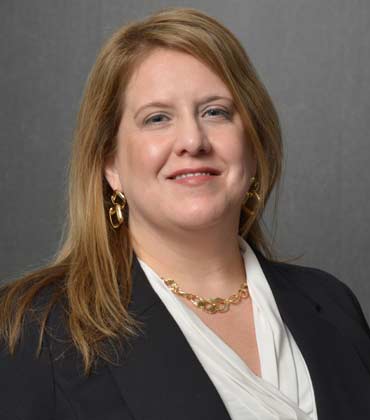
Advancing Heart Failure Patient Care Excellence
Tara Hankins, Vice President of Surgical Services, Deborah Heart and Lung Center

Evolving Plastic Surgery
Dr. Geraldine Lee, Plastic, Reconstructive, and Aesthetic Surgery service consultant, Tan Tock Seng Hospital
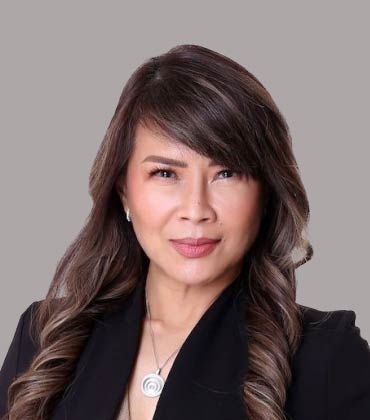
Transforming Healthcare Through Innovation, Data, And Global Standards
Ana Maria Y. Jimenez, Executive Director of Nursing, Aspen Medical - Fiji
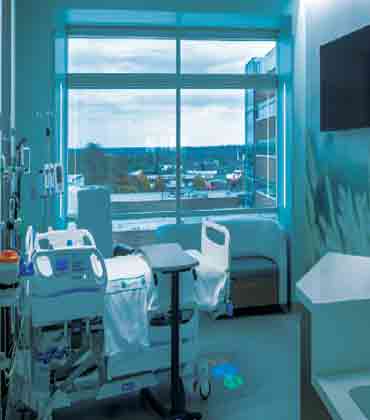
Journey of a Clinical Nurse Manager: Overcoming Challenges and Enhancing Patient Experience
Janene Lawrence, Clinical Nurse Manager (Medical), Hutt Valley DHB
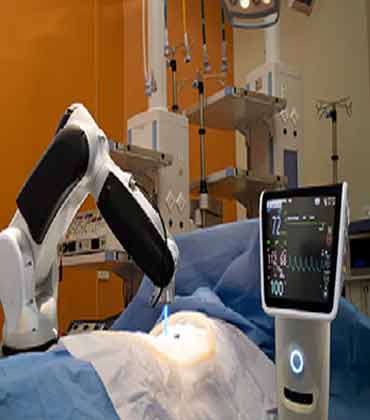
In the Future, Robots Will Replace Wound Care Doctors
Kevin Orsak, Wound Care Program Manager, UT Southwestern Medical Center
IN FOCUS
EDITORIAL
Elevating the Standards of Cosmetic Surgery
In this edition of Healthcare Business Review APAC, we explore how cosmetic clinics are meeting this shift in expectations by investing in more refined, holistic approaches to patient experience.
Scar minimization remains a top priority. Surgeons are applying layered suturing techniques to reduce tension and support healing. Advances like internal dissolvable stitches and medical-grade skin adhesives help prevent raised or stretched scars. The placement of incisions is also more thoughtful, often aligned with natural skin creases or hidden in the hairline, which makes any scarring less visible.
Post-operative recovery has also become a major focus point. Surgeons deploy enhanced anesthesia techniques to reduce grogginess in patients and allow them to return to regular activity more quickly. Compression garments, lymphatic drainage massages and cold therapy are used to minimize swelling and speed up tissue repair. Some clinics even offer nutritional supplements, customized skincare and physiotherapy, ensuring the healing process is supported on multiple fronts.
Equally important is the growing demand for natural-looking outcomes. Today’s patients don’t want to look different; they want to look like a more refreshed, rested version of themselves. Surgeons are using digital imaging tools to map facial structures and simulate outcomes before making a single incision. In-depth consultations help establish clear expectations, and the surgical plan is tailored to the individual.
Follow-up care is another area where clinics are stepping up. Rather than relying on a single post-op visit, many offer extended care plans with regular check-ins, wound assessments and tailored adjustments to the patient’s routine. This ongoing support improves outcomes, reduces complications and reinforces the patient’s confidence throughout recovery.
By combining surgical expertise with a comprehensive, patient-centered approach, today’s cosmetic clinics are making aesthetic enhancement safer, smoother and more meaningful than ever before.
We hope this edition of Healthcare Business Review APAC helps you find the right partner for your business requirements.
Let us know your thoughts!


